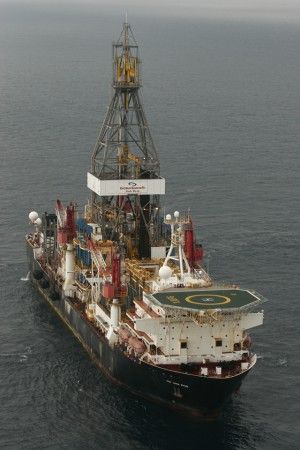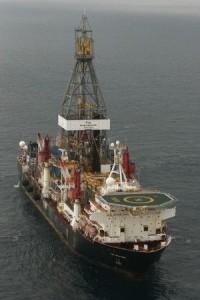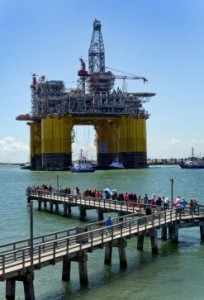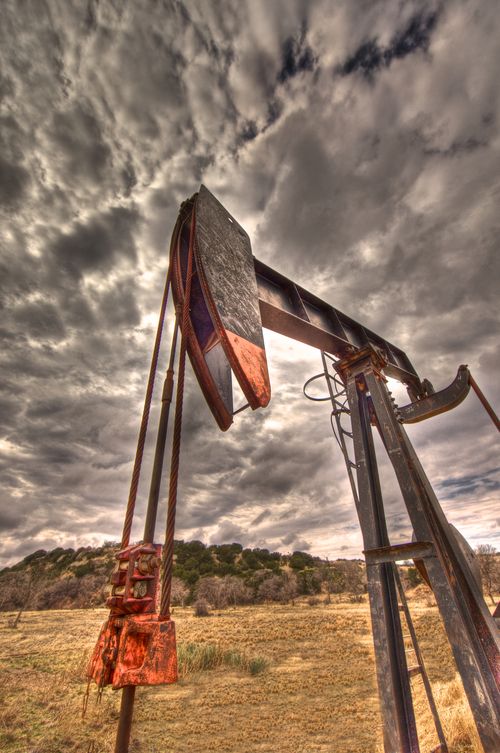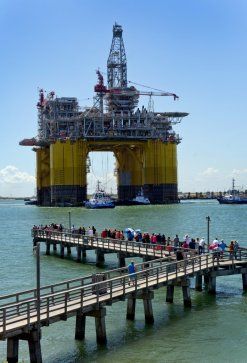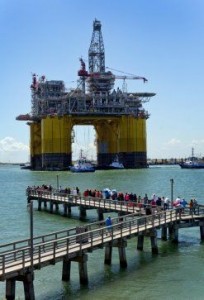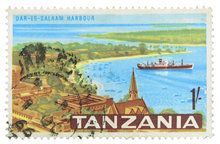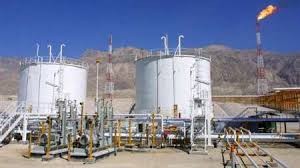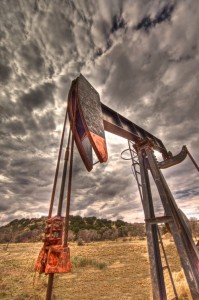
In July 2015, we published an energy briefing on the Tanzania Extractive Industries (Transparency and Accountability) Bill 2015 (the TEI Bill) and the Oil and Gas Revenues Management Bill 2015 (the OGRM Bill). Since then, the Bills have been passed by Parliament and assented to by the President. This month’s briefing will briefly highlight what changes have occurred between the Bills and the Acts and summarise the key issues of these Acts of Parliament.
Background
The Tanzania Extractive Industries (Transparency and Accountability) Act 2015 (TEI 2015) and the Oil and Gas Revenues Management Act 2015 (OGRM 2015) have been enacted to further regulate Tanzania’s booming energy sector. The central new law in the energy sector’s legal framework is undoubtedly the Petroleum Act 2015 (PA 2015), an Act which we have analysed at length in a separate briefing which has also been released last month.
Tanzania Extractive Industries (Transparency and Accountability) Act 2015
What are the key changes between the TEI Bill and TEI 2015?
Extension of the application of TEI 2015
Part 2 of the Preliminary Provisions has been amended so that the Act applies not only to Mainland Tanzania, but also to extractive industry companies undertaking joint petroleum operations or petroleum activities in Tanzania Zanzibar, in specific areas or overlapping blocks in accordance with PA 2015. Where the extractive industry activities are undertaken within Tanzania Zanzibar, the activities shall be governed and administered in accordance with the laws of Tanzania Zanzibar.
Clarification of definitions
The definition of “extractive industry company” has been amended to specifically include both private and state owned companies engaged in exploitation of minerals, oil, natural gas and includes any other company engaged in natural resources extraction.
Composition of the Tanzania Extractive Industries (Transparency and Accountability) Committee (the Committee)
Under the TEI Bill the fifteen members, additional to the Chairman of the Committee, were to be made up of individuals who possess knowledge and experience relating to extractive industries. This has been amended in TEI 2015, so that the members of the committee will be made up of those that possess knowledge and experience in the governance of industries in general.
The TEI Bill contained conflicting terms as to whether the majority of Committee members were to be appointed by the Minister responsible for energy and minerals. TEI 2015 clarifies that the Minister shall only appoint five members to the Committee from members of Government (one of whom shall be the Attorney General or his representative). Of the remaining members: five are to be appointed by extractive industry companies and a further five are to be appointed by civil society organisations.
TEI 2015 expressly states that when appointing members to the Committee, specific regard must be given to gender balance.
Functions and powers of the Committee
The Committee shall require extractive industry companies to disclose to the Committee accurate records of the cost of production, capital expenditures at every stage of investment, volumes of production and export data from extractive industry companies in respect of each licence, rather than every financial year as was the case under the TEI Bill.
The Committee’s functions under section 10 have been expanded to include: (a) promoting the effective citizen participation and awareness of resources governance in extractive industry and its contribution to socio-economic development; and (b) making consultations amongst Government civil society and companies for effective management of natural resources.
Obligation to publish information
Along with the obligations to publish information as outlined by the TEI Bill, TEI 2015 also requires that all information on activities undertaken by an extractive industry company which would be required to be reported or submitted to its local or foreign stock markets shall equally be reported or submitted to the Committee.
Key issues
TEI 2015 provides for the founding of the Tanzania Extractive Industries (Transparency and Accountability) Committee, which shall be an independent government body with oversight responsibilities for promoting and enhancing transparency and accountability. The Committee shall be comprised of no more than sixteen members, with the Chairman appointed by the President. The remaining members will be appointed as described above.
The overarching purpose of the Committee is to ensure that the “benefits of the extractive industry are verified, duly accounted for and prudently utilised for the benefit of the citizens of Tanzania”. In order to achieve this, the Committee shall, amongst other things (including those functions new to TEI 2015 outlined above):
- Develop a framework for transparency in the reporting and disclosure by all extractive industry companies on revenues due or paid to the Government
- Require from any company an accurate account of the money paid by and received from the company
- Require companies to disclose accurate records of the cost of production, capital expenditures at every stage of investment, volumes of production and export data, and
- Conduct investigations on material discrepancies between revenue payments and receipts
Every year the Committee will publish a threshold where every company which exceeds it shall be required to reconcile payments made to the Government against receipts held by the Government and provide a report (a Reconciliation Report) detailing this reconciliation to the Committee. Where a Reconciliation Report identifies a material discrepancy, the Committee shall within fourteen working days submit the report to the Controller and the Auditor General, who shall produce an audit report which shall in turn be provided to the Committee. Having received the report from the Controller and the Auditor General, the Committee shall discuss the matter with the Government before following the recommendations of the Controller and the Auditor General.
All companies working in extractive industries shall also be required to provide the Committee with an annual report detailing their corporate social responsibility programmes and also submit to the Committee their capital expenditures at every stage of investment. Failure to do so will be a criminal offence.
Also as part of the transparency regime, the Committee shall require the publication of the following information:
- All concessions, contracts and licenses relating to the extractive industries
- The names of shareholders who own interests in the extractive industries, and
- Reports into the implementation of Environmental Management Plans
Read:4-facts-every-Tanzanian-sholud-know-about-gas-industry
Failure to comply with the provisions of TEI 2015 and to fail to provide the Committee with the documents as requested is a criminal offence, with the punishment, upon conviction being either a fine of not less than ten million shillings in the case of an individual, or a fine of not less than one hundred and fifty million shillings in the case of corporate entity.
This is a big point for all companies in the extractive and energy sectors. Will all Production Sharing Agreements and Mineral Development Agreements need to be published for example? How does this sit with the confidentiality provisions in these agreements? We are monitoring the application and enforcement of these provisions.
Amendment of the Mining Act
Finally, TEI 2015 has made numerous amendments to the Mining Act 2010. For a detailed analysis of the amendments made to the Mining Act, please see our specific Mining Act update of November 2015 on the subject.
The Oil and Gas Revenues Management Act 2015
What are the key changes between the OGRM Bill and OGRM 2015?
Extension of the application of OGRM 2015
Under the OGRM Bill, the Act was to apply equally to Mainland Tanzania and Tanzania Zanzibar in relation to management of oil and gas revenues derived from exploration, development and production of oil and gas activities.
As under the OGRM Bill, OGRM 2015 shall apply to Mainland Tanzania and Tanzania Zanzibar respectively. However, OGRM 2015 goes further and states the Act will apply to activities undertaken under joint petroleum operations or petroleum activities in specific areas or overlapping blocks, in accordance with PA 2015. The assumption is that where activities are carried out in these areas, an agreement will be made as to whether the revenues derive from Mainland Tanzania or Tanzania Zanzibar.
Where the extractive industry activities are undertaken within Tanzania Zanzibar, the activities shall be governed and administered in accordance with the laws of Tanzania Zanzibar.
Definitions
“Additional oil and gas entitlements” which in the OGRM Bill referred to the portion of a contractor’s share of oil and gas produced to which the Government was entitled to a share, had been removed from OGRM 2015.
“Government profit share” has been included in OGRM 2015 as the remaining balance of profit gas or profit oil payable to the government after deducting contractor’s profits of oil or gas.
Key issues
OGRM 2015 provides that taxes and levies shall continue to be assessed, collected and accounted for by the Tanzania Revenue Authority (TRA), whereas non-tax oil and gas revenues shall be collected and accounted for by the National Oil Company (TPDC) – this includes surface rentals and block fees. The Petroleum Upstream Regulatory Authority (formed under PA 2015) shall be responsible for auditing the cost recovery on the exploration, development, production and sale of oil and gas to determine government profit share and royalties.
Another significant development is the forming of the Oil and Gas Fund (the Fund), whose objectives shall be to ensure that:
- Fiscal and macroeconomic stability is maintained
- The financing of investment in oil and gas is guaranteed
- Social and economic development is enhanced, and
- Resources for future generations are safeguarded
The Fund shall receive its capital from Government royalties, Government profit share, the dividends on Government participation in oil and gas operations, corporate income tax on exploration, production and development of oil and gas resources, and the return on investments of the Fund.
The Fund’s strategy shall be decided by the Minister of Finance, advised by a Board consisting of five individuals appointed by the President. Where the Minister of Finance declines to follow the advice of the Board, the matter shall be determined by the President. Management of the Fund shall be in accordance with the statutory fiscal rules, which are:
- The financing of the Government budget
- The financing of the Fund’s investments
- Fiscal stabilisation, and
- Saving for future generations
Amongst other reasons, these fiscal rules have been based upon the recognition that it is important to protect the Tanzanian economy against the inherent volatility of oil and gas revenue and the presence of uncertainty over the timing and size of that revenue.
Tanzanian Explorers Club
The Tanzanian Explorers Club (TEC) is for people working in, or affiliated with, Tanzania’s energy industry, specifically the mineral exploration sector. TEC provides an informal environment to facilitate networking and information sharing between key participants of the industry.

